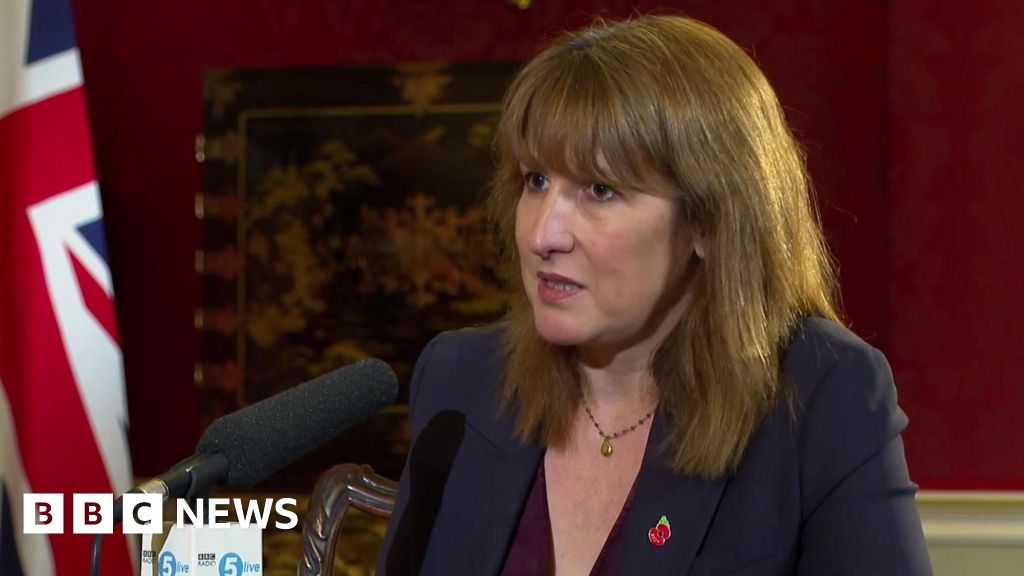Rachel Clarke is right to highlight the pressures on palliative care, but wrong to suggest that assisted dying debates have sidelined these concerns (As a palliative care specialist, I’ve witnessed the human tragedy of our end-of-life care crisis, 10 November). In fact, the opposite is true. The CEO of Hospice UK, Toby Porter, has stated that the government’s £100m investment in hospices, announced last December, would probably not have materialised without the terminally ill adults bill. He recently told a special Lords select committee that the bill has sparked more conversation about end-of-life care than at any point in his long career.
The health minister, Stephen Kinnock, similarly acknowledged that the bill has been a catalyst for long-overdue improvements in palliative care, rolling the pitch for another announcement in the coming weeks. We know this has been the case around the world, as experts from the UK and Australia highlighted recently (Letters, 5 November).
As a member of the aforementioned Lords committee, I can confirm that palliative care was at the heart of every session (the term was mentioned more than 280 times throughout our nine expert panels). Dr Clarke is correct that those on all sides of this debate acknowledge the need to improve access. However, in order to truly meet people’s needs, we must listen to terminally ill people and accept that no amount of such care will relieve all the suffering some sadly endure as they die. We need both care and choice – that is what this bill seeks to achieve.
Dianne Hayter
Labour, House of Lords
Bravo, Rachel Clarke, for your timely exposure of the scandalous neglect of dying patients. Most people wish to die at home, but, as Clarke indicates, only a minority achieve their goal. There is a pressing need to provide appropriate palliative care for those dying at home, especially at night and the weekends, when most problems crop up.
This requires both proper resources, as part of core NHS services, and a change in practice to facilitate home visiting by GPs. Research shows that one’s chance of being able to die at home is related to the number of times GPs carry out home visits in the terminal stages of a patient’s illness. Patients want to be cared for by doctors they know and trust.
Dr David Jeffrey
Retired palliative care consultant, West Malvern, Worcestershire
The review of the financial sustainability of England’s adult hospice sector by the National Audit Office is timely, as is Rachel Clarke’s article, but neither point to a solution to providing a nationwide palliative care service. Perhaps the lack of a financial model is a wake-up call that we all need to hear.
What was once wonderful, a service heavily reliant on charitable support, now hinders progress. Since the first modern hospice, St Christopher’s, opened in 1967, nearly 200 independent hospices, often with accompanying community and hospital services, have opened, but in a random fashion, resulting in, for example, patient bed availability ranging from one bed per 2,900 to one per 54,300. Not exactly an equable service, and it is a postcode lottery.
Palliative care and end-of-life care in the community has always been in the hands of generalists in primary care teams, but this has been almost annihilated by the introduction of out-of-hours teams. Primary care teams can no longer offer anything like a 24-hour service. It may not be a popular statement, but many are not capable of offering effective palliative care.
Failure to operate a unified service obstructs the wishes of our patients to have effective palliative and end-of-life care in the place where they want it.
We have a lot to learn from our obstetric services. Babies are generally not born in A&E departments, medical or surgical wards or corridors. Nor should the dying die in these departments. Obstetrics is a unified service and is generally properly funded, but it was not always like that. Does the massive charitable support for palliative care hinder the development of such a service, and if it does, should it?
Dr John Smith
Retired consultant in palliative medicine, Barton Seagrave, Northamptonshire
Rachel Clarke describes in vivid detail the many failures of our end-of-life care system. But what she doesn’t acknowledge is that even the very best palliative care has limits. That’s precisely why assisted dying must be part of the conversation.
My mother died from metastatic brain cancer in 2024. She had access to what professionals described as excellent palliative support. But for 10 days, I watched her suffer in profound distress. She screamed, cried and repeatedly begged to be allowed to die. Despite all the care, the drugs and the expertise, her final days were filled with trauma and desperation, not peace.
The lesson I took from this wasn’t that palliative care isn’t important – it’s that it’s not always enough. For people like my mother, the option of assisted dying wouldn’t have replaced care, it would have honoured her autonomy when care could no longer ease her suffering. It would have given her back a feeling of control and, with it, an ability to enjoy more of her last days before her symptoms became too much.
It feels like the assisted dying debate is finally giving end-of-life care the national attention it has long deserved. It’s driving hard conversations and, increasingly, real investment. We shouldn’t fear this debate. We should welcome it, for the sake of every family who has watched someone they love die in pain or anguish.
Rebecca Gillanders
Colchester, Essex


